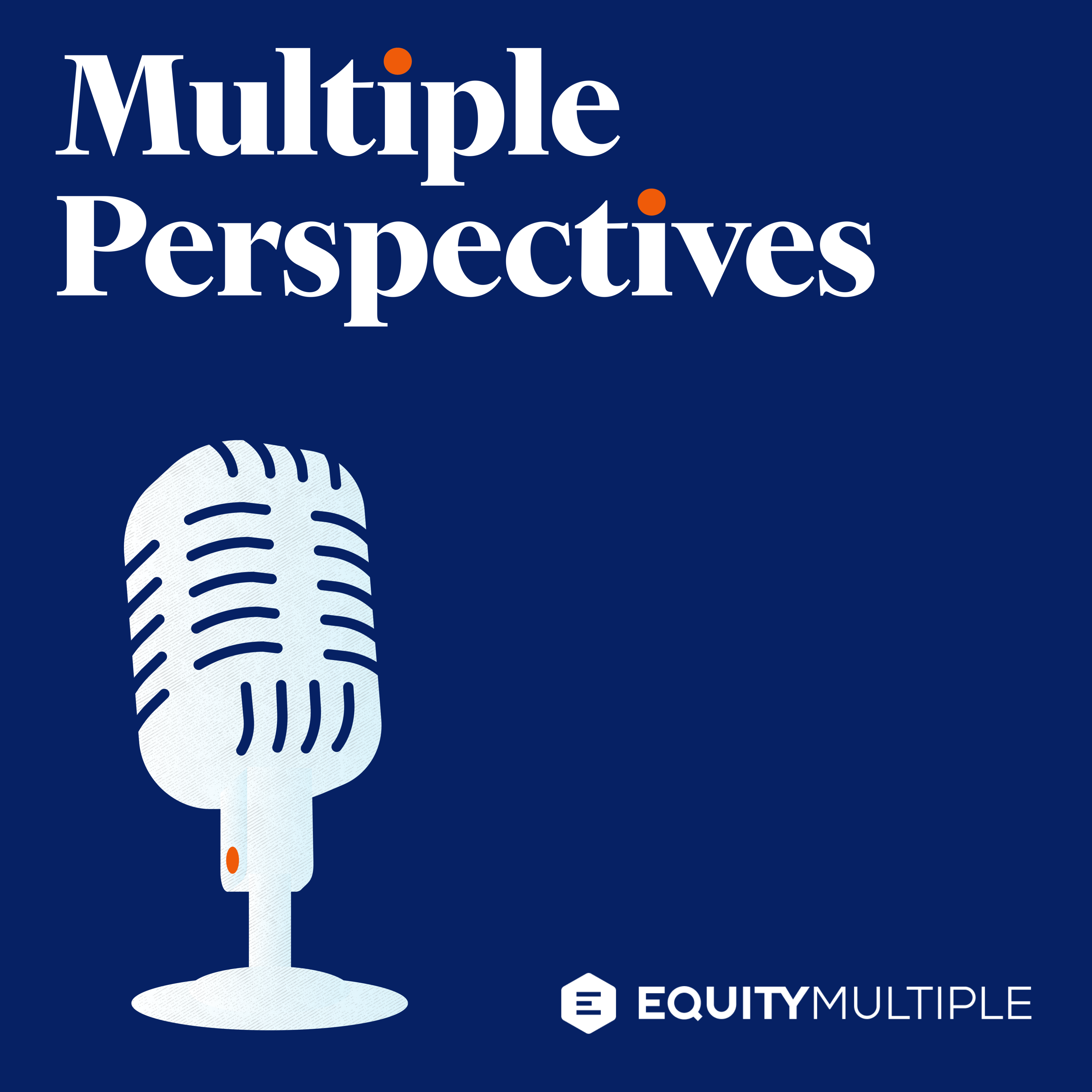The 5-Year Rule: Barbara Friedberg’s Guide to Smart Investing
June 19, 2025

In this episode of Multiple Perspectives, host David Lofgren interviews Barbara Friedberg, CEO of Wealth Media and a veteran portfolio manager, who shares her personal investing framework based on over four decades of experience. Barbara advocates for a disciplined approach rooted in traditional stock and bond investing, with a small allocation to alternatives. While her strategies—such as the 90/5/5 rule and the "Five-Year Rule"—offer a conservative path to long-term wealth, the episode presents her perspective and does not necessarily reflect the views of the host or the company.
In this episode of Multiple Perspectives, host David Lofgren speaks with Barbara Friedberg, an experienced portfolio manager and investment educator, about her personal strategies for building a resilient investment portfolio. Drawing on her decades of experience, Barbara outlines her preference for passive over active investing, advocates for low-cost index funds, and introduces her 90/5/5 rule—allocating the majority to traditional investments and a small portion to alternatives. She also shares her due diligence framework for evaluating alternative investments. This conversation offers a deep dive into Barbara’s personal approach to smart investing. While her perspectives may differ from those of the host or business, they provide valuable food for thought for professionals navigating a volatile market.
What You'll Learn:
What You'll Learn:
- How to build a resilient portfolio using the 90/5/5 rule
- Why market timing doesn't work and the power of consistent, automated investing through market cycles
- The "Track Record Test" framework for evaluating investment platforms
- How to approach alternative investments without risking your core portfolio
- Why index investing beats active management for most investors
- The "Five-Year Rule" for determining whether an investment belongs in your portfolio
- How to evaluate crypto and emerging asset classes without betting the farm
- Why high fees and complex investment structures often reduce actual returns
Barbara A. Friedberg, MBA, MS, is a seasoned investment expert and former portfolio manager with over 40 years of experience across real estate, stocks, bonds, and alternative assets. A trusted voice in financial education, her work appears in Investopedia, Forbes Advisor, U.S. News, and more. She runs BarbaraFriedbergPersonalFinance.com and a YouTube channel focused on investing education. Barbara also consults for fintech firms and is the author of several books available on Amazon, helping individuals build wealth with practical, time-tested strategies.
Episode Highlights:
Episode Highlights:
- 03:57 - The 90/5/5 Portfolio Rule for Modern Investors
Barbara Friedberg offers a straightforward and effective approach to portfolio allocation: dedicate 90–95% to traditional stock and bond investments, and reserve 5–10% for alternatives. This strategy is especially valuable for high-earning professionals looking to balance long-term growth with innovative risk management. It simplifies decision-making in a world full of investment noise and FOMO. By building a strong foundation with low-cost index funds and bonds, then selectively exploring alternatives, investors can tap into new opportunities without compromising their core financial stability.
- 08:51 - The Smart Approach to Alternative Investments
Barbara emphasizes the importance of starting small and learning systematically when exploring alternative investments. High-earning professionals often feel pressure to chase trending investments, but rushing in without proper research can lead to significant losses. She recommends beginning with trusted educational resources like Investopedia and Morningstar to build knowledge before committing capital. Start with small investments of a few hundred to a few thousand dollars to gain practical experience while limiting downside risk. This methodical approach allows investors to develop expertise while protecting their core portfolio from unnecessary risk.
- 19:00 - The Three-Point Due Diligence Framework
Barbara shares three critical factors when evaluating alternative investment platforms: management credentials, fee structures, and track record analysis. This framework helps wealth managers and sophisticated investors avoid common pitfalls in alternative investments. She emphasizes looking beyond marketing materials to understand who's running the platform and their relevant experience. Investors should compare fees against traditional investment options and verify performance claims against appropriate benchmarks. This systematic approach helps professionals make informed decisions about alternative investments while avoiding potentially costly mistakes.
- 28:00 - The Index Fund Reality Check
Barbara reveals that only 20-30% of active managers consistently beat market indices, challenging the common belief that skilled stock picking leads to superior returns. This insight is particularly relevant for high-earning professionals who might be tempted to manage their portfolios actively. The data suggests that even professional fund managers struggle to outperform simple index funds over time. For most investors, including sophisticated professionals, low-cost index funds provide better long-term results than active management. This approach saves both time and money while potentially delivering better risk-adjusted returns.
Episode Resources:
- Multiple Perspectives is brought to you by https://equitymultiple.com/
- Barbara Friedberg on LinkedIn
Multiple Perspectives is handcrafted by our friends over at: fame.so